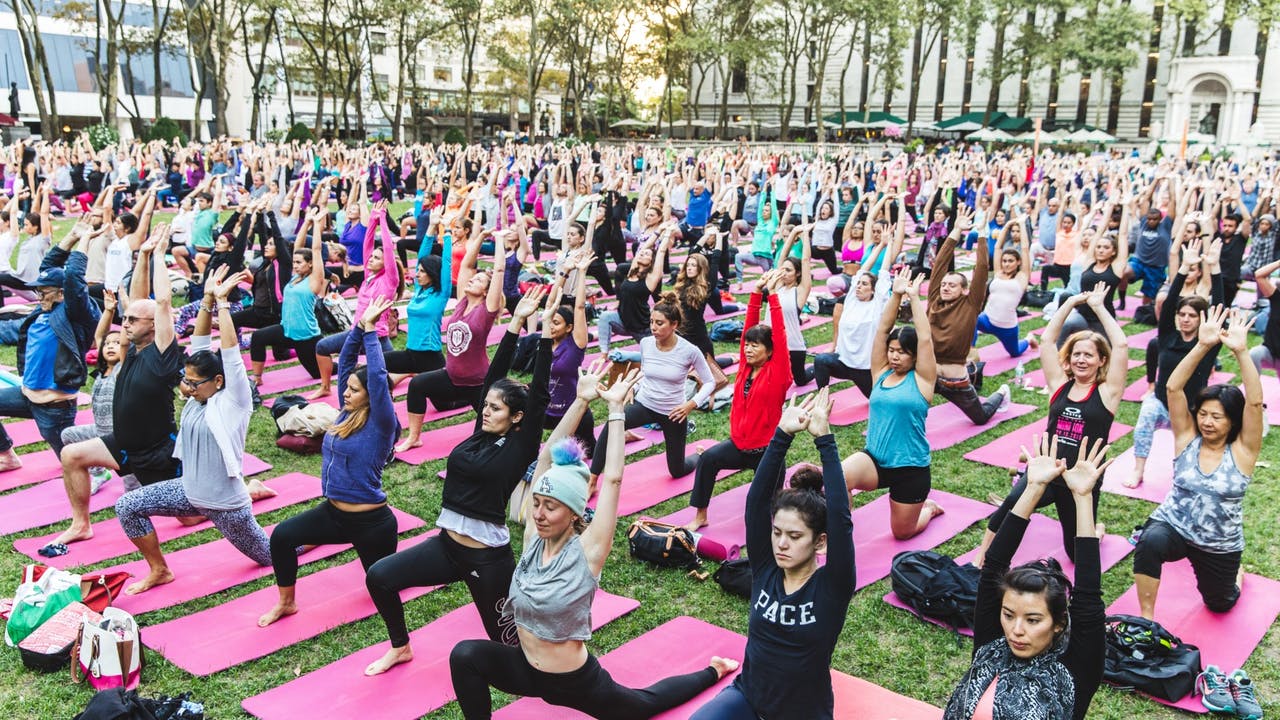Cities are about integration and evolution. They bring together people of different ages, backgrounds, cultures, education, skills, knowledge and social status. They agree to live together under common rules in a dense, defined area. Their interaction activates cities and creates the experiences that are later integrated towards the collective evolution of society.
People come to cities seeking opportunities, and cities have a role in helping people flourish as individuals, expand their potential, and the opportunities they come across. With all the hardships that citydwellers deal with on a daily basis, some of this is disappearing. Many people nowadays feel disconnected from their purpose. Some are working jobs that are not inspiring them but actually feel like a waste of time, but they have to keep them for financial reasons. People need to find what they arepassionate about and focus on it. Ideally, the work they do should be related to their passion, or if not, they can fulfill their passions elsewhere in their daily city life, so they can feel happier, more fulfilled and accomplished.
In addition to economic opportunities, people flock to cities because they are cultural generators. Cities have to be filled with expansive cultural and educational activities that introduce people to new ideas and stretch their minds and their imagination. All of this serves to expand the consciousness of the individual, connecting them deeper into themselves, helping them evolve and contribute to their society.
General education about cities could help everyone become more conscious of how cities work and how they are a part of them. As people become more aware of climate change, the energy crisis, the resource scarcity, poverty and other challenges that humanity is facing, they change their attitude and ways of living.
In the unstable times that we live in, people rely on the stability and certainty that is given to them by the environments which they live in. All the challenges that humanity is facing are helping us evolve and create solutions to systemic problems that have been around for a long time. When people share experiences and overcome challenges together, they feel more connected to each other. Cities are the natural connectors and social condensers. They provide opportunities for interactions and are catalyzers for evolution.
Good design could change our energy levels and mood, help us feel better and become healthier. People are constantly interacting with their surroundings and this has a direct impact on their state. Our surroundings can bring us peace, calm and joy, or on the opposite side of the spectrum, they could incite fear, anger, depression, sadness and other negative emotions. When cities are well designed, built and managed, they can raise the collective consciousness and make all of their inhabitants happier, healthier and more accomplished.
New technologies and conscious ways of living could provide solutions to some of the problems that are pushing society towards extraordinary hardship and even extinction. They can improve the living conditions for all citizens by mitigating the challenges presented by economic disparities, climate change, pollution, traffic congestions, increasing energy consumption, violence, immigration, lack of quality education and others.
Urban renewal and new cities are also an opportunity to rethink how cities work. Governments, large and small corporations, and political leaders are working on improving the living conditions for all citizens. Companies are actively investing in the development of new technologies and strategies that will help move society to a higher level of wellbeing.
Cities are also bridges between generations, as they take a long time to build and are long lasting for centuries. They are the main way in which societal wealth gets created, stored and passed from one generation to another. In fact, infrastructure changes really slowly and is a constant in our development as a civilization. Today, as our world is changing and evolving faster than ever, the speed of innovation is growing exponentially, yet we are missing a shared sense of purpose and values. We need to agree on a common vision of what the future of our civilization should be. It’s necessary to imagine the possible futures, so we can put humanity on the best possible path and timeline for its evolution and work toward it.
